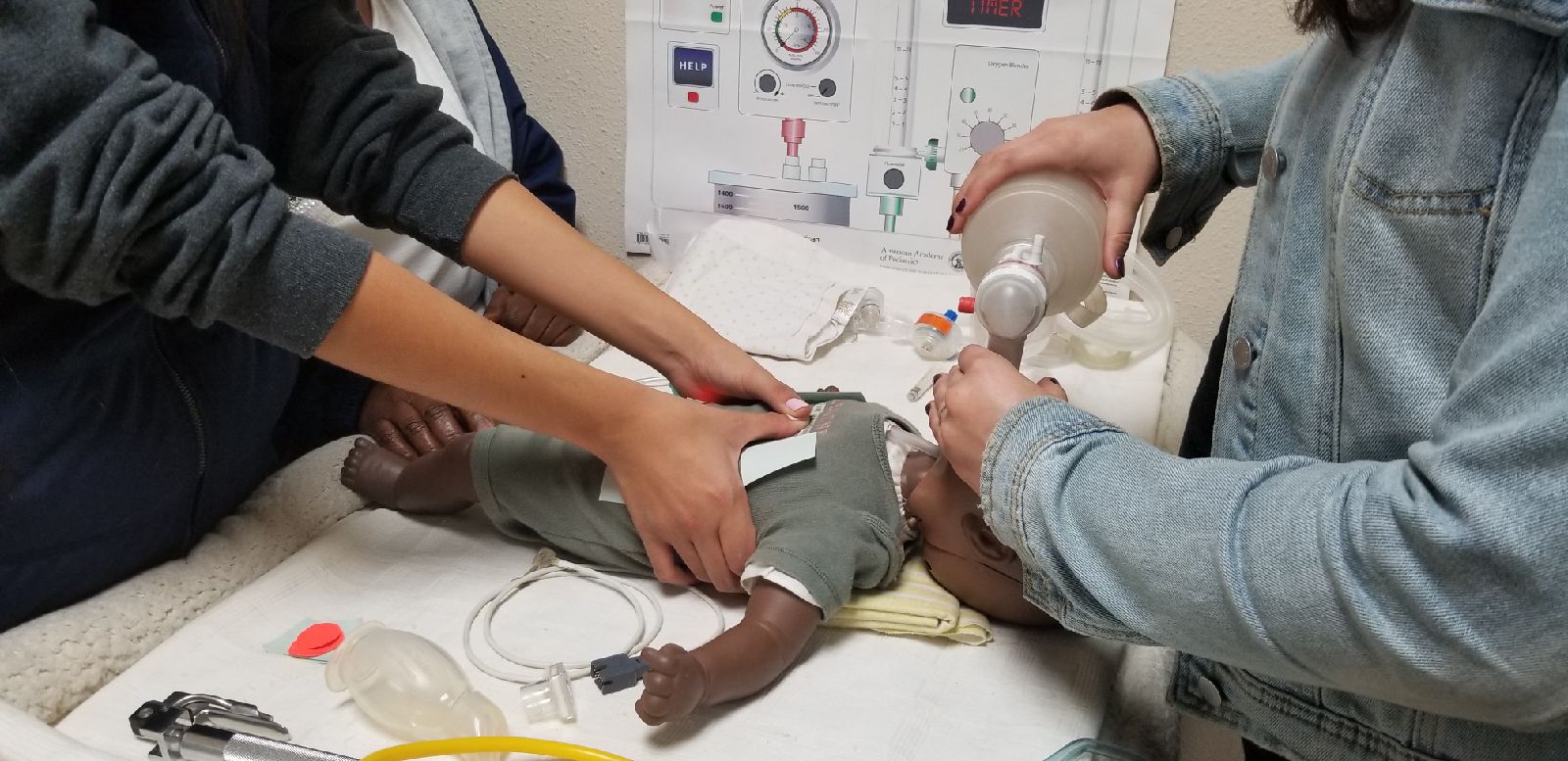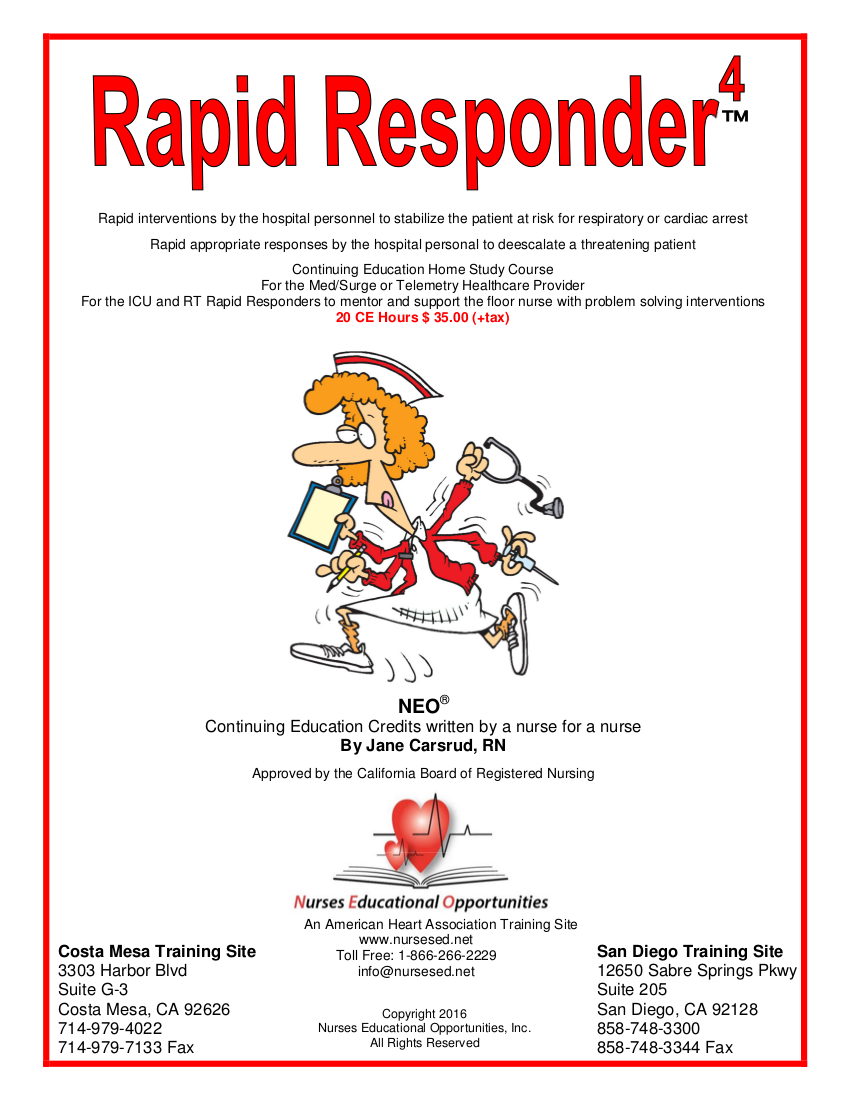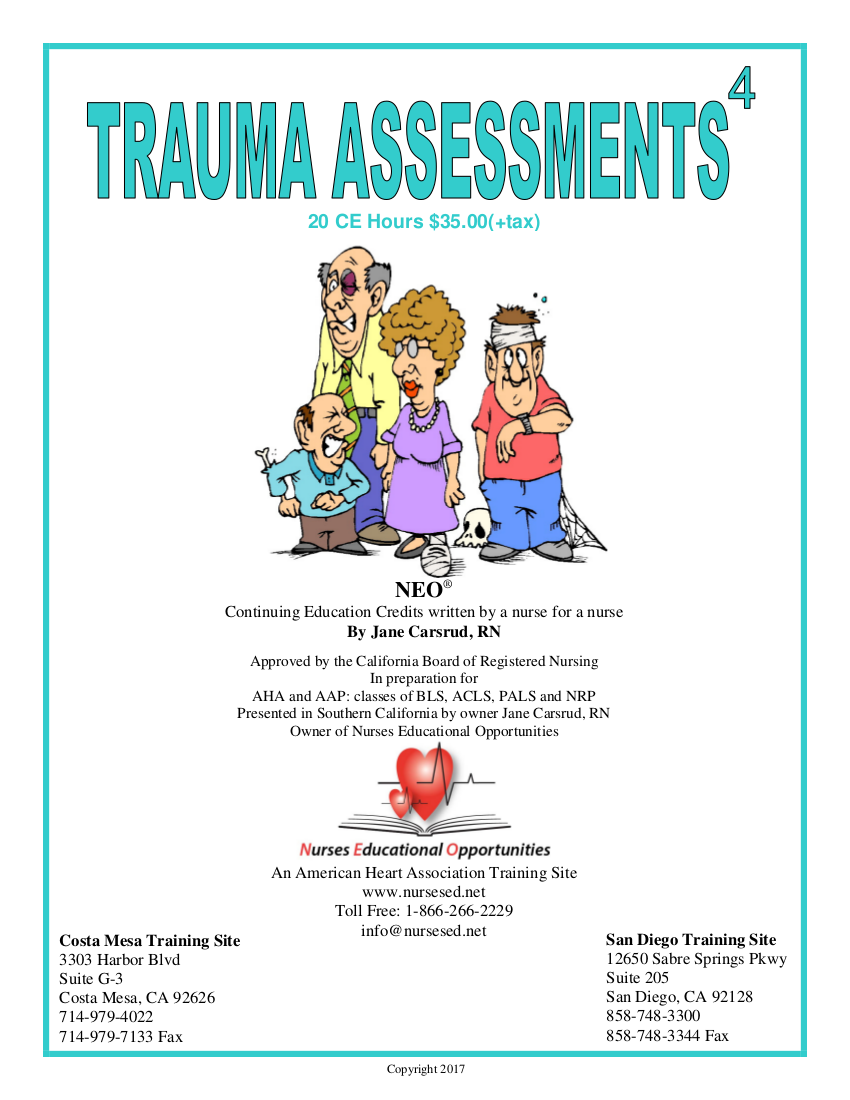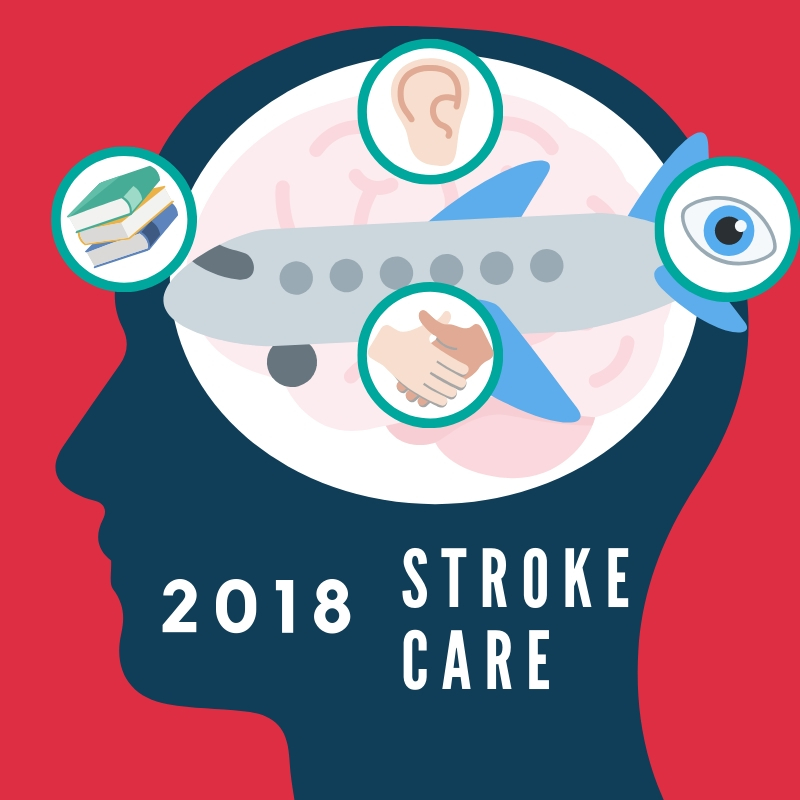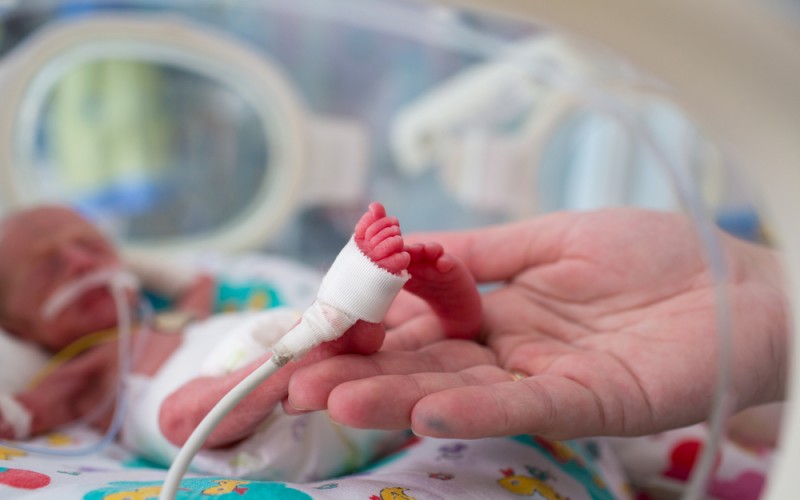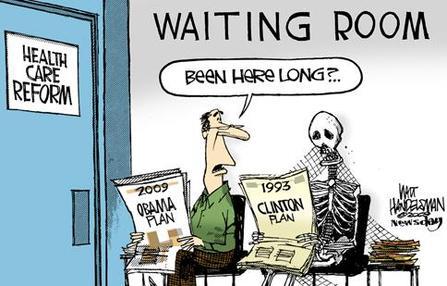-
Preparing for the Neonatal Resuscitation Program NRP Skills
Understanding how to carry out appropriate Neonatal Resuscitation is an essential skill for every single Obstetrical healthcare provider. For these reasons, many hospitals require that healthcare providers who come into contact with the mother and child dyad obtain the American Academy of Pediatrics Neonatal Resuscitation Program or NRP certification. Being entrusted by parents to provide care for their newly born baby is both a privilege and an extraordinary responsibility. Therefore, nurses, midwives, doctors, respiratory therapists and other auxiliary staff should acquire additional evidence-based education regarding current women’s, children’s and neonates health practices. To enhance the chances of an optimal outcome in case of an emergency healthcare providers must be ready…
-
2018 Stroke Care Guidelines
The brain is a convoluted organ with many highways and byways. It’s amazing how the brain sorts out millions of messages and allows us to communicate and move about. However, damage caused to the brain by a stroke can immensely impair a person’s ability to communicate and function effectively. For these reasons in 2017 the American Heart Association announced they were reaching beyond their boundaries of heart disease to encompass Brain Disorders, specifically that of stroke. To begin breaking down the vast and intricate details of the brain we must perceive the brain like the passengers in a flight. Are you ready! “Passengers, we are ready for take-off. Put your seats…
-
AHA ACLS, AHA NRP, All Services, Neonatal Intensive Care NICU, New Grad Maternal Child Program, NICU Track for New Grad RN's, Nursing Advocacy
Anticipating Neonatal Resuscitation
The American Academy of Pediatrics Neonatal Resuscitation Program, NRP, is a critical certification for all Obstetrical healthcare providers including midwives. Most importantly, anticipating plus performing effective neonatal resuscitation is the key for a successful outcome if neonatal cardiac or respiratory arrest occurs. Furthermore, Neonatal Intensive Care Nurses are responsible for attending High Risk deliveries. In addition, NICU nurses are also responsible for performing neonatal resuscitation as part of a team. It is important to understand that not every delivery is perfect. Even if the pregnancy is considered normal or healthy unexpected outcomes may occur. For these reason, it is imperative for Labor and Delivery plus Postpartum nurses to complete the…
-
Healthcare Reform and Nurses: Challenges and Opportunities
Healthcare Reform and Nurses: Challenges and Opportunities The Affordable Care Act (ACA) promises a broader and more important role for nurses the health care system. After decades of advocating for meaningful reform, the American Nurses Association (ANA) joined others in celebrating the signing into law of the Affordable Care Act on Marc;h 23 2010. This is the most significant piece of social legislation since the creation of Medicare, with many provisions that build upon the traditional and current strengths of the nursing profession. The key features of the ACA states that “nurses have key roles to play as members and leaders for a reformed and better-integrated patient-centered health care system.” …
-
AHA NRP, All Services, BabyFriendly(tm) Policy, Breastfeeding Education, Labor and Delivery, Labor Delivery Track for New Grad RN's, Maternal Child Health, Neonatal Intensive Care NICU, New Grad Maternal Child Program, New Graduates of Nursing, NICU Track for New Grad RN's, Nursing Advocacy, Obstetric Track, Orange County, San Diego, Specialty
Become a Breastfeeding Advocate
Education for professionals, or the lack of it, has been and continues to be a barrier to breastfeeding. A healthcare provider’s attitude, personal beliefs and values can greatly impact a mother’s ability to initiate or maintain breastfeeding. Certainly, the lack of support from healthcare providers is related to the difficulties healthy women experience with breastfeeding. Despite efforts to improve breastfeeding management, healthcare professionals, including doctors and nurses, continue to give poor advice on this matter. Poor advice has taken different forms; sometimes it actually has been no advice. Moreover, patients wholeheartedly trust their primary nurses and doctors. Healthcare providers who are not proficient in breastfeeding promotion, initiation and protection may advice patients to…
